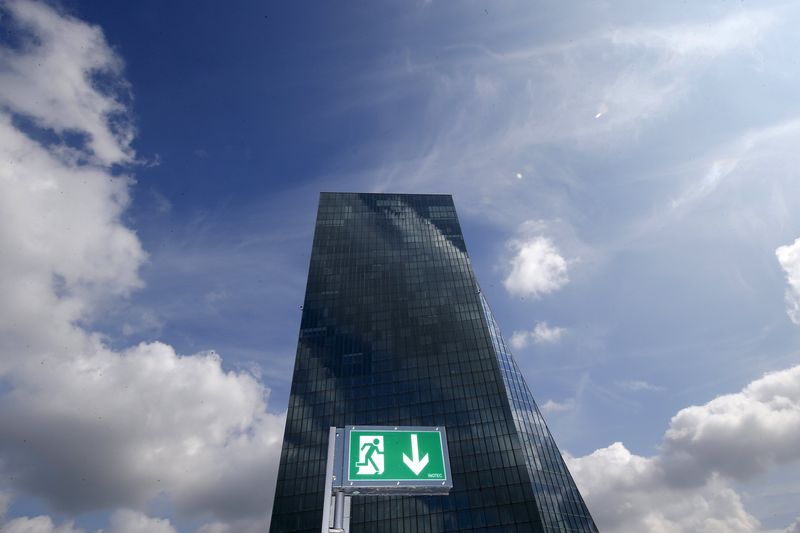Investing
US banks lose favor with European hedge funds, Goldman says

© Reuters. FILE PHOTO: The logo for Goldman Sachs is seen on the trading floor at the New York Stock Exchange (NYSE) in New York City, New York, U.S., November 17, 2021. REUTERS/Andrew Kelly/File Photo
By Carolina Mandl
NEW YORK (Reuters) -European hedge funds have rapidly cut their exposure to U.S. banks since the beginning of the year, while roughly keeping their positioning in European ones, Goldman Sachs told clients in a recent report.
Overall, shares in European banks are outperforming U.S. peers as they did not face the deposit flight experienced in the United States.
The STOXX Europe 600 Banks index is up roughly 8% this year, while the Dow Jones US Banks index is down 9%.
“In Europe, hedge funds have rotated out of banks and insurance into financial services in the past couple of months, but still positioning in European banks remains stronger than in U.S. banks,” Goldman Sachs said in the report obtained by Reuters.
The Wall Street bank runs one of the world’s biggest prime brokerages, which provides lending and trading services to investors and is able to see how large hedge funds and asset managers are moving.
Goldman Sachs did not immediately comment on the report.
The data shows European investors are more bullish about banks on their own continent, while they have a more neutral approach to U.S. banks.
The Wall Street bank uses the so-called long/short ratio to gauge investors’ sentiment, dividing long positions by short positions.
By the end of June, this ratio for U.S. banks was close to 100%, meaning hedge funds are on average long one bank stock while short one bank stock.
For European banks, however, the ratio was around 190%.
The gap between European hedge funds’ positioning in European and U.S. banks has widened mainly after a crisis this year in which U.S.-based bank Silicon Valley Bank and two other lenders failed.
European banks did not escape unscathed. UBS acquired rival Credit Suisse in a rescue orchestrated by the Swiss government, but it was not seen as a systemic crisis.
Globally, investors are also increasingly betting that shares in U.S. banks will drop, data provider Ortex says.
Short interest as a share of free float in U.S. banks grew to 2.3% in June from 1.8% in January, while staying stable for European banks, at 0.6%.
The U.S. banking crisis spooked investors across regions. Bridgewater Associates, one of the world’s largest hedge funds, sold U.S. bank stocks in the first quarter amid the collapse of some regional lenders.
It exited positions in five U.S. banking giants, namely JPMorgan (NYSE:) & Co, Bank of America Corp (NYSE:), Wells Fargo (NYSE:) & Co, Goldman Sachs Group Inc (NYSE:) and Morgan Stanley (NYSE:), regulatory filings showed in May.
Read the full article here

-

 Make Money7 days ago
Make Money7 days agoHow to Create and Sell Digital Products Online (Make Extra Money)
-

 Investing7 days ago
Investing7 days agoIs Apple Releasing an ‘Ultra-Thin’ iPhone 17 Air? New Report
-

 Investing6 days ago
Investing6 days agoMoldova breakaway region to face new power cuts on Saturday, officials say By Reuters
-

 Investing7 days ago
Investing7 days agoUS data center electricity and water use to increase significantly by 2028: report By Investing.com
-

 Investing6 days ago
Investing6 days agoReebok Co-Founder Backs Syntilay’s New AI, 3D-Printed Shoe
-

 Side Hustles6 days ago
Side Hustles6 days agoHow to Survive High-Demand Seasons Without Losing Customers
-

 Passive Income7 days ago
Passive Income7 days agoHow to Evolve From Manager to Mentor and Create a Lasting Impact
-

 Investing4 days ago
Investing4 days agoNFI Group surge after board reshaped with new appointments, chairperson By Investing.com


















